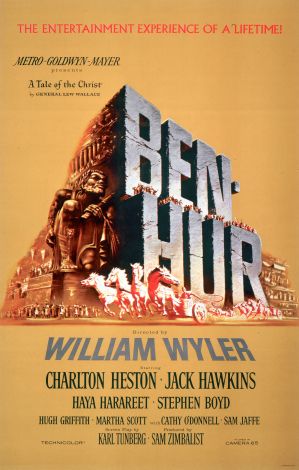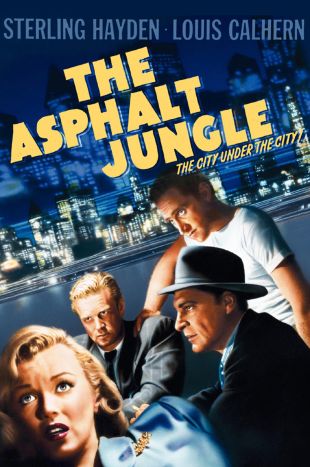Born into a well-to-do Hungarian family, Miklos Rozsa manifested an interest in music -- especially folk music -- as a young boy and was drawn to the life of a musician despite his father's best efforts to push him into a more practical field. He studied in Leipzig, Germany, under Hermann Grabner and Theodor Kroyer, and he seemed headed toward a promising career as a composer, with early successes that brought him to the attention of such figures as Charles Munch and Richard Strauss. He was drawn toward film music as a practical matter in the mid-1930s, through the example of Arthur Honegger; and in 1935, he went to work for fellow expatriate Hungarian Alexander Korda at Korda's London Films. Starting with Knight Without Armour (1937), he became a mainstay of the studio's music department, also scoring such major productions as The Four Feathers (1939) and The Thief of Bagdad (1940). The latter film, which went into production just as World War II had begun, was eventually finished in Hollywood, and Rozsa was fortunate enough to be brought to the film mecca. He completed two more major scores for Korda productions That Hamilton Woman (1941) and The Jungle Book (1942), but by then was already busy on several independent productions. He also began working for Paramount, where he added significantly to Billy Wilder's early successes, including Five Graves to Cairo (1943), Double Indemnity (1944), and The Lost Weekend (1945).
Rozsa's Eastern European-accented scores seemed to lend themselves to dark subject matter, including war dramas and thrillers. He received his first of three Oscars (from among 16 nominations across his career) for his work on Hitchcock's Spellbound (1945), and he scored such grim war films as Zoltan Korda's Sahara (1943) and Fritz Lang's Ministry of Fear (1944). His talents were a natural fit in film noir, and Rozsa's music became almost as closely associated with the genre as John Alton's photography or Cornell Woolrich's writing for most of the 1940s, on films such as The Killers (1946) -- one theme from which subsequently was transposed, initially without credit or payment, into the Dragnet theme -- The Strange Love of Martha Ivers (1946), and The Red House (1947). He continued to compose for the concert hall amid his film work, and one of his pieces, Theme, Variations and Finale, achieved some popularity during the 1940s. Celebrated soloists, includingJascha Heifetz, Janos Starker, and Leonard Pennario. also commissioned his pieces.
In 1947, he won his second Oscar, for A Double Life (the title also subsequently became the title of his autobiography, a reference to his dual career in the concert hall and Hollywood). In 1948, Rozsa joined MGM for what eventually turned into a 15-year stay, during which he became one of the most familiar names before the public in the field of film music. His scores included the music for Madame Bovary (1949), Quo Vadis (1951), Ivanhoe (1952), Young Bess (1953), and Moonfleet (1955). Ben-Hur (1959) earned him his third Oscar and became the first Hollywood soundtrack to get a Volume 2 release on LP. As with most other members of his generation of composers, Rozsa's career slowed in the 1960s, with the decline of the big studios and the increasing reach of popular music into movie scores. El Cid (1961) marked the end of his epic film score period, and while Rozsa still got work, the resulting pictures weren't as big or impressive. He experienced a comeback in the 1970s, however, as a few old mainstays, such as Billy Wilder, continued to use his music and a new generation of filmmakers (who had grown up watching the movies that he had scored) sought him out for their films. His late-career credits included Wilder's The Private Life of Sherlock Holmes and Fedora, Alain Resnais's Providence, and Nicholas Meyer's Time After Time. Rozsa closed out his career with the detective/film noir parody Dead Men Don't Wear Plaid (1982), which offered him the chance to rescore scenes from films that he had worked on 30 years earlier.


